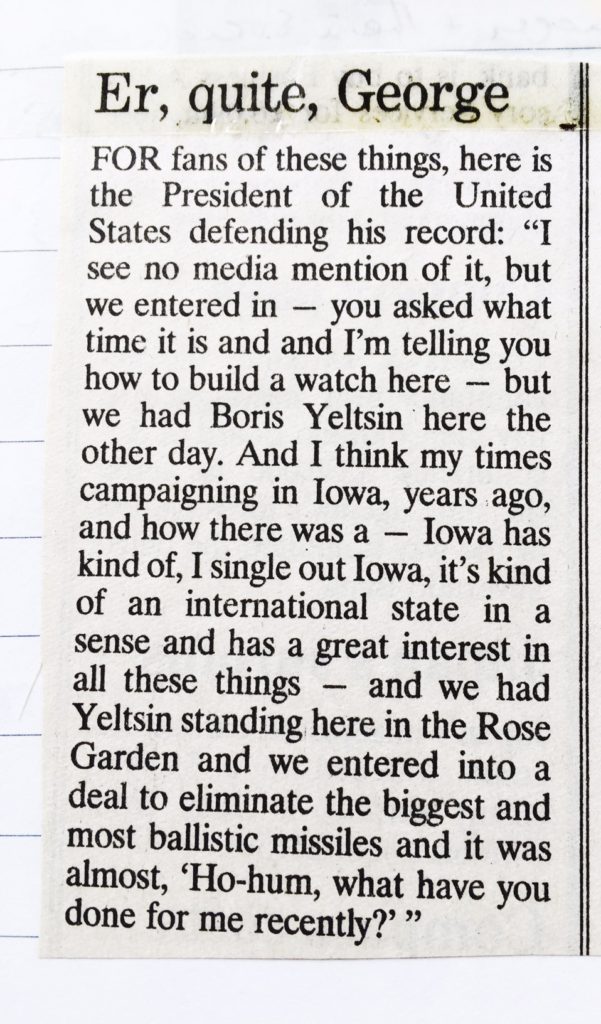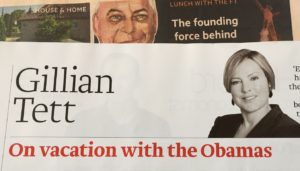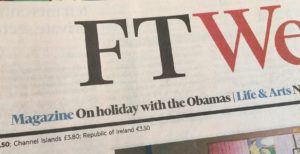According to the Torygraph (so it must be true) Theresa May has stipulated that her senior ministers will be barred from wearing Apple Watches during Cabinet meetings amid concerns that they could be hacked by Russian spies.
Under David Cameron, several cabinet ministers wore the smart watches, including Michael Gove, the former Justice Secretary.
However, under Theresa May ministers have been barred from wearing them amid concerns that they could be used by hackers as listening devices.
Mobile phones have already been barred from the Cabinet because of similar concerns.
One source said: “The Russians are trying to hack everything.”
Apparently Michael Gove (who was once a serious politician, apparently) used to wear an iWatch and once treated the Cabinet to a few bars of a Beyoncé song while surreptitiously checking his email.
It’s a logical precaution. Mobiles have been verboten in Downing Street for a long time. Many years ago, when I was doing some consulting work in Whitehall, I once had to go to 10 Downing Street to see a senior civil servant. Upon entering through the front door, I was instructed to leave my mobile phone on the hall table and given a post-it note on which to write my name. I did so and went to my meeting in the warren of rooms behind No 10. When I got back to the entrance hall I went to reclaim my phone. Next to it was another handset (a Nokia, I think) with a post-it note saying “First Sea Lord”.




